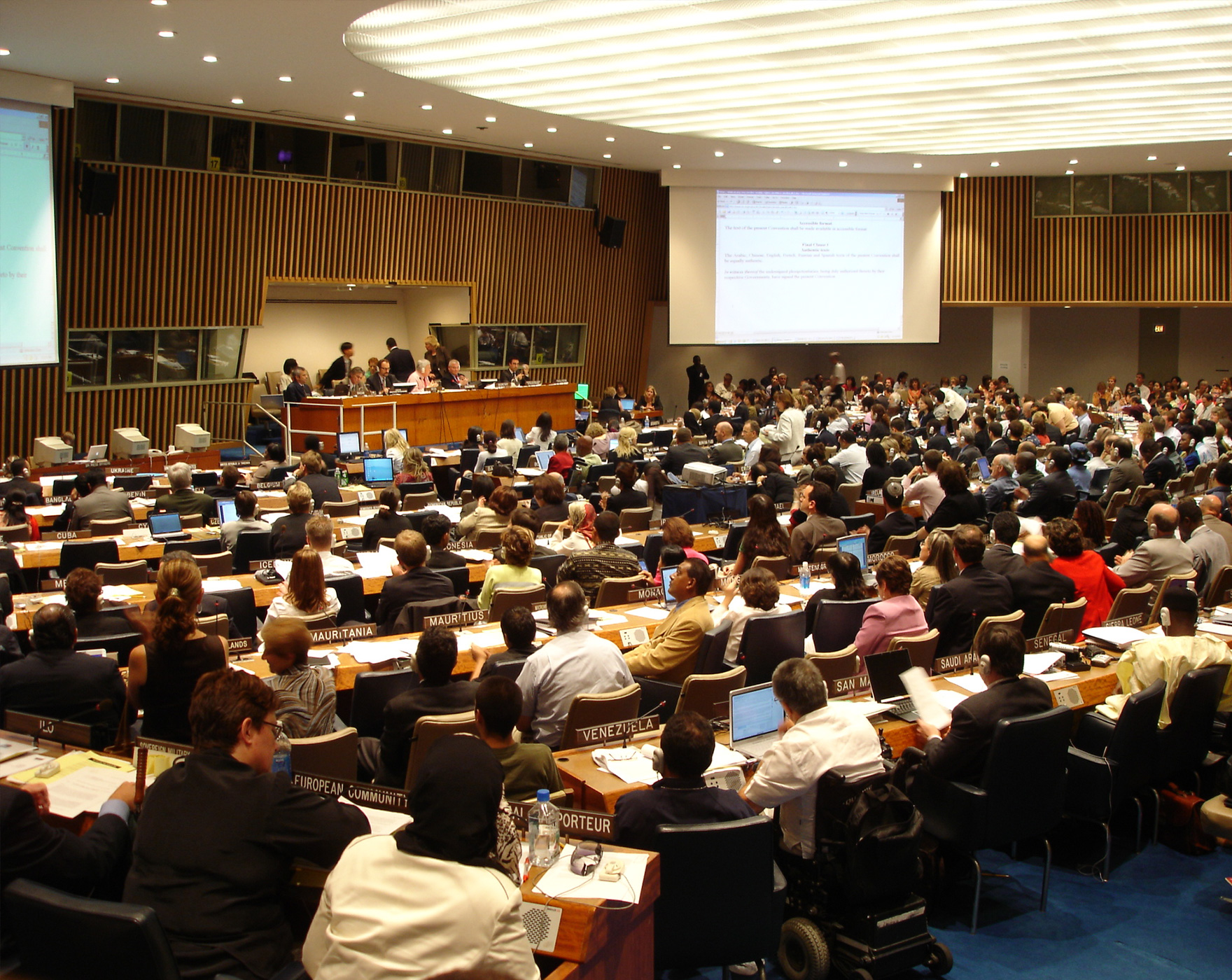Since HI’s beginnings in the Cambodian refugee camps in 1982, here are some key dates in our history.

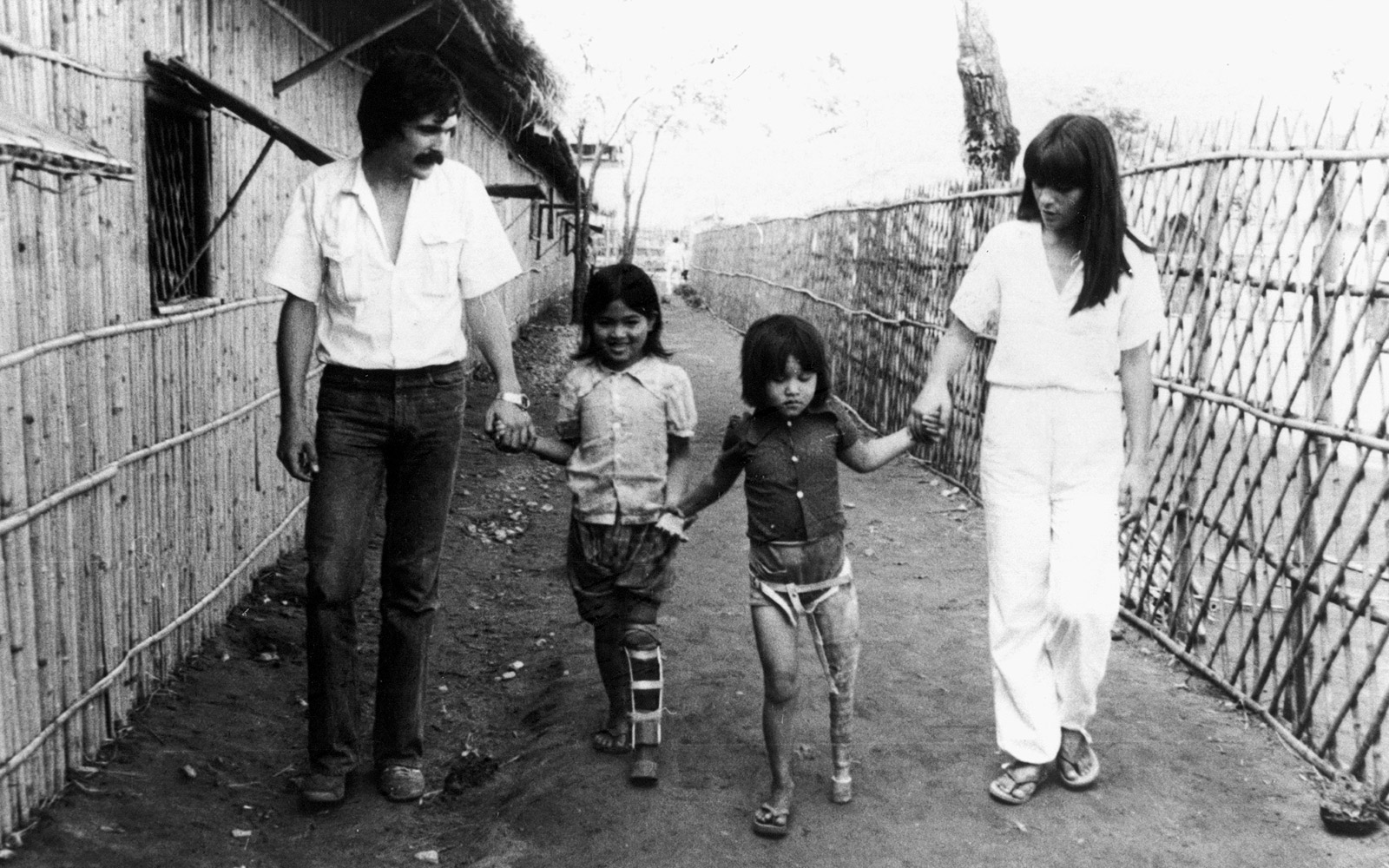


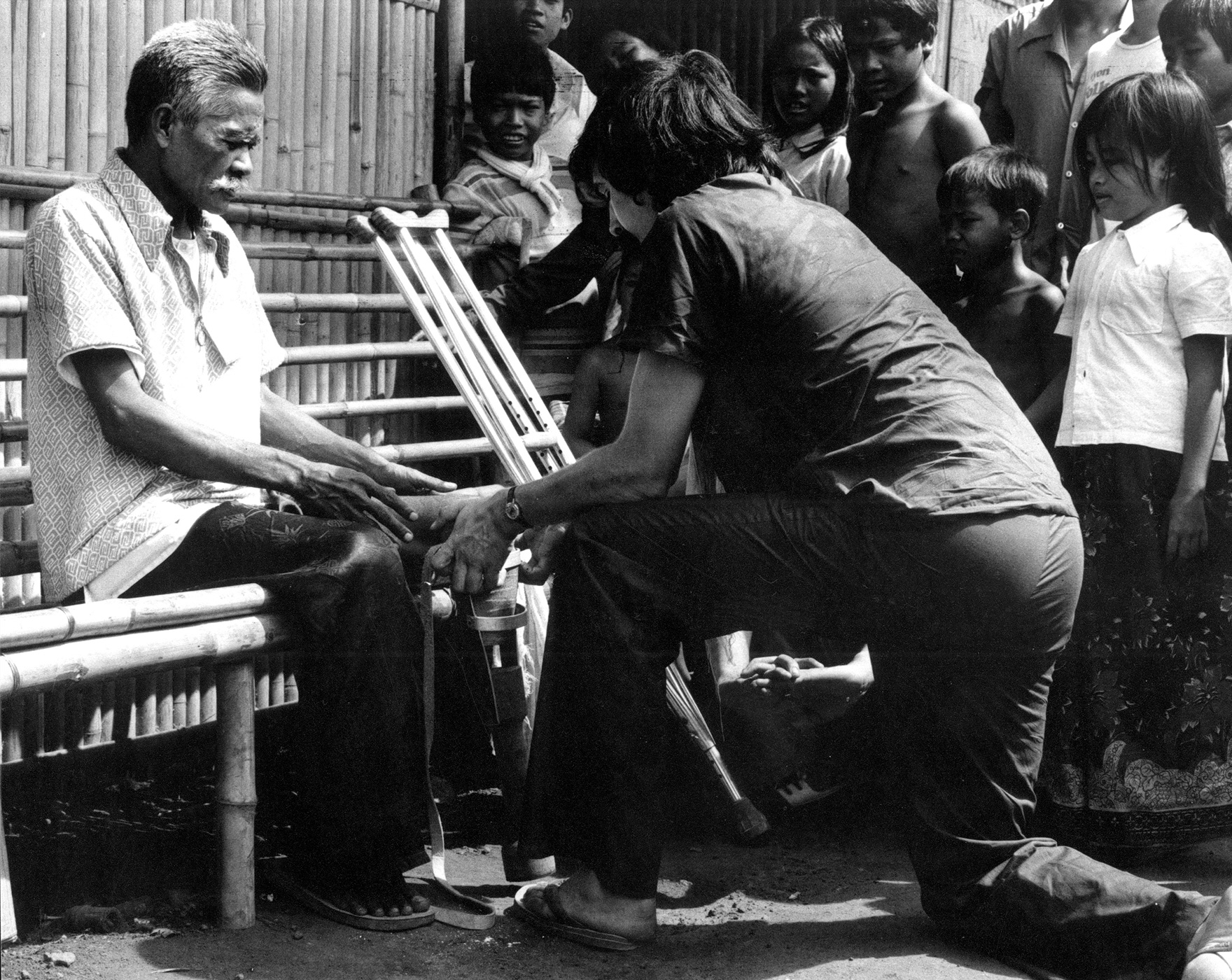 1982
1982
Orthopaedic fitting for Cambodian refugees in Thailand and the official creation of Handicap International in Lyon, France
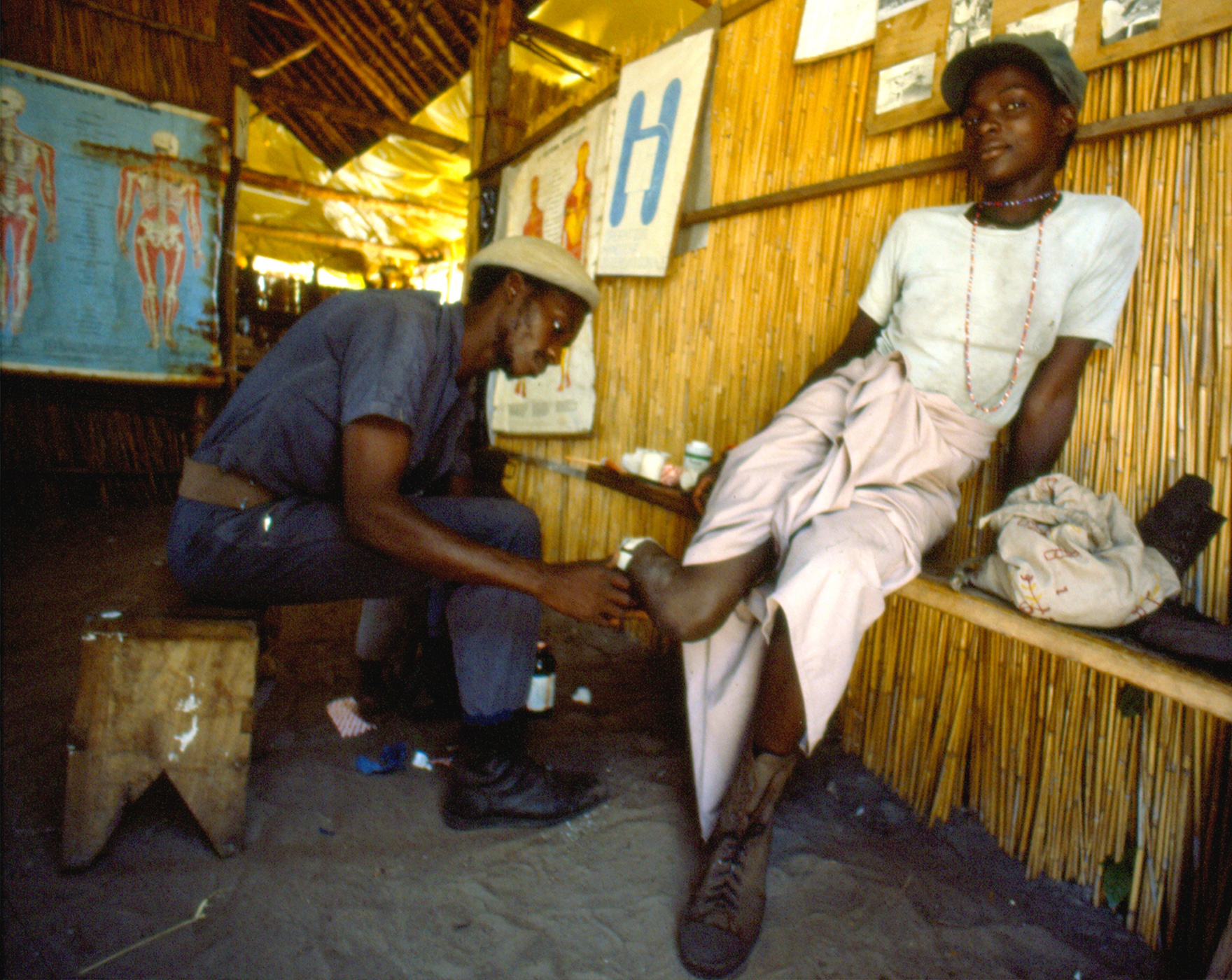 1984
1984
Orthopaedic centre opens in Angola, the organisation’s first African programme
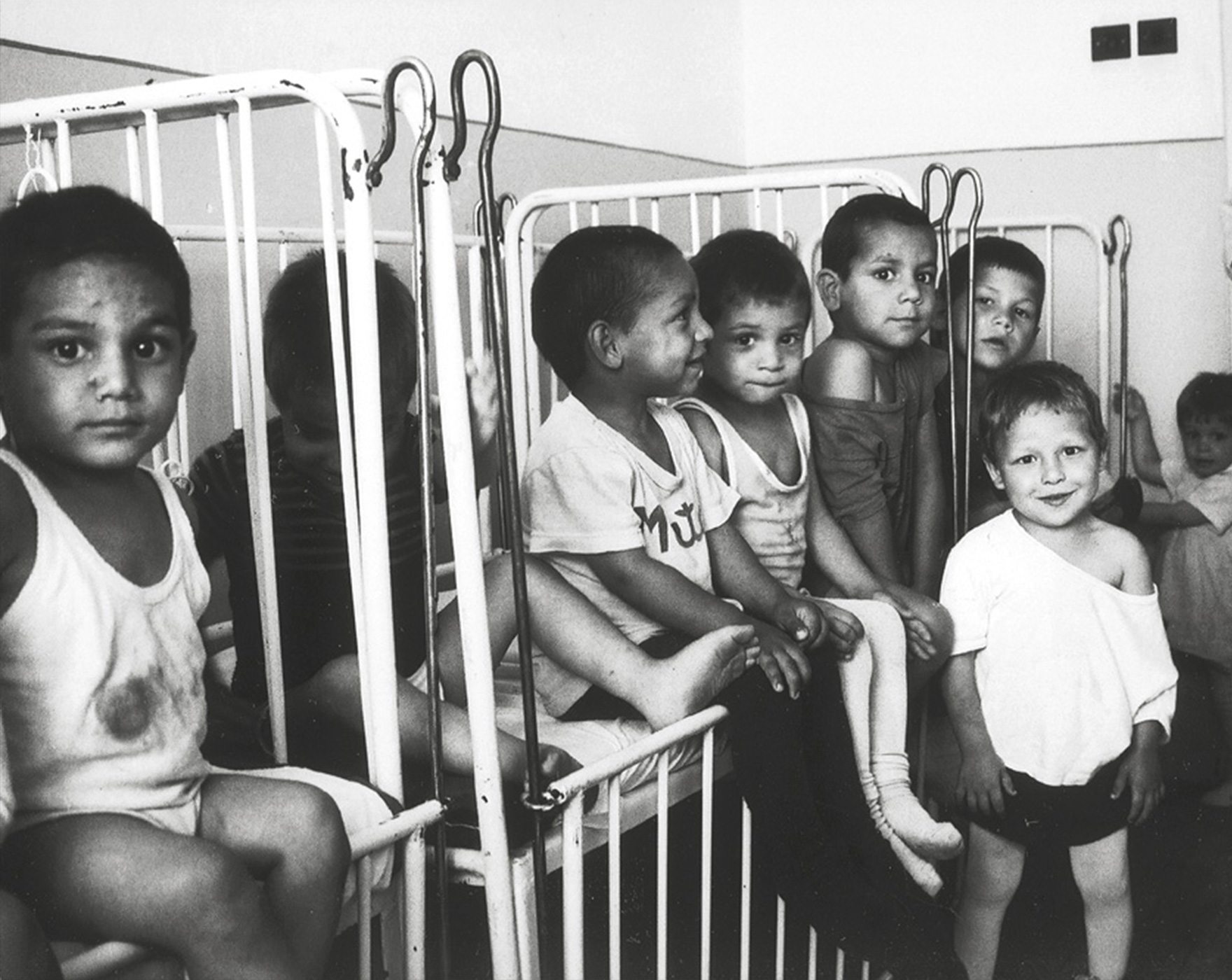 1990
1990
programme in Romania, working with orphans
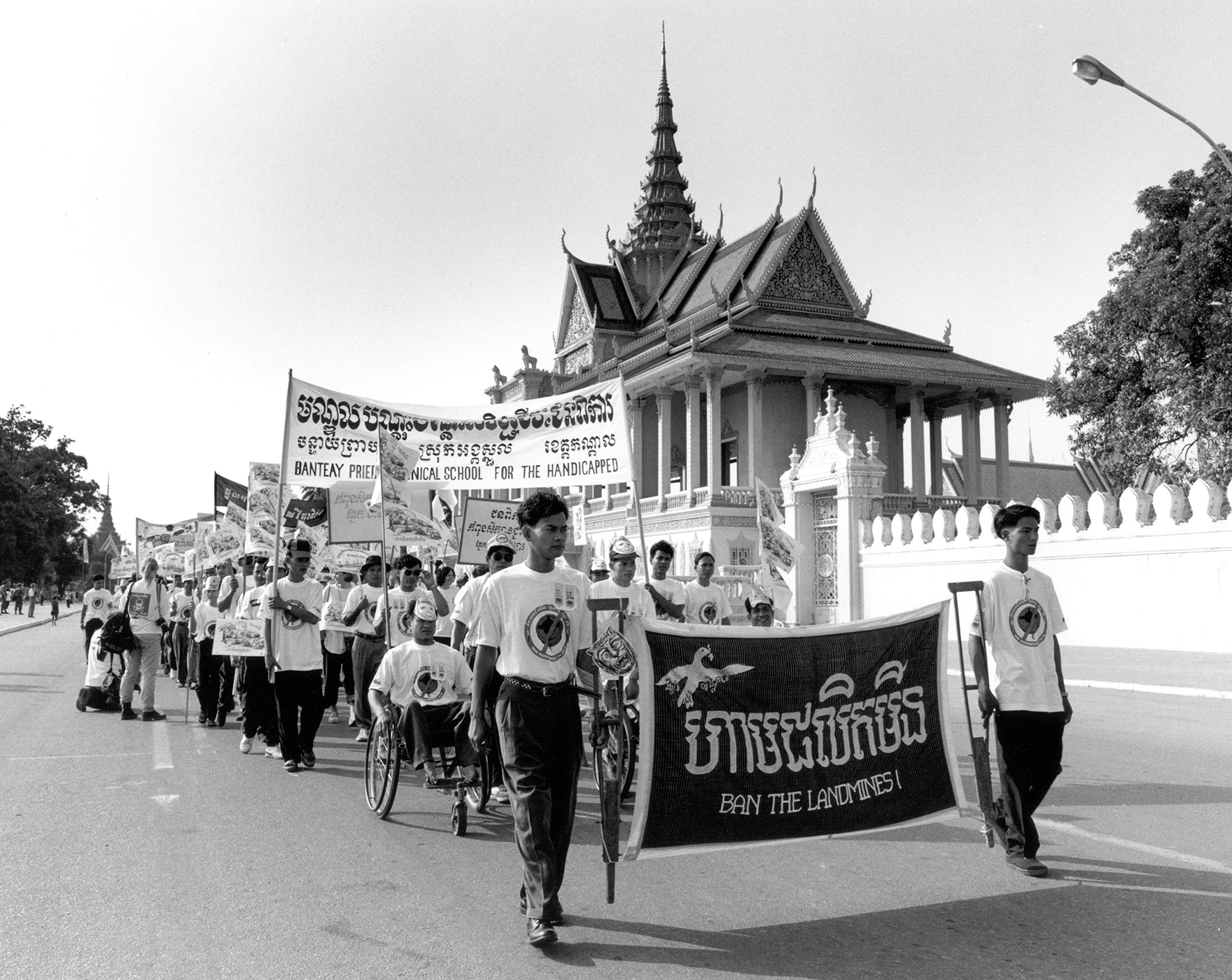 1992
1992
Launch of the International Campaign to Ban Landmines (ICBL) and the first mine clearance operations in Cambodia
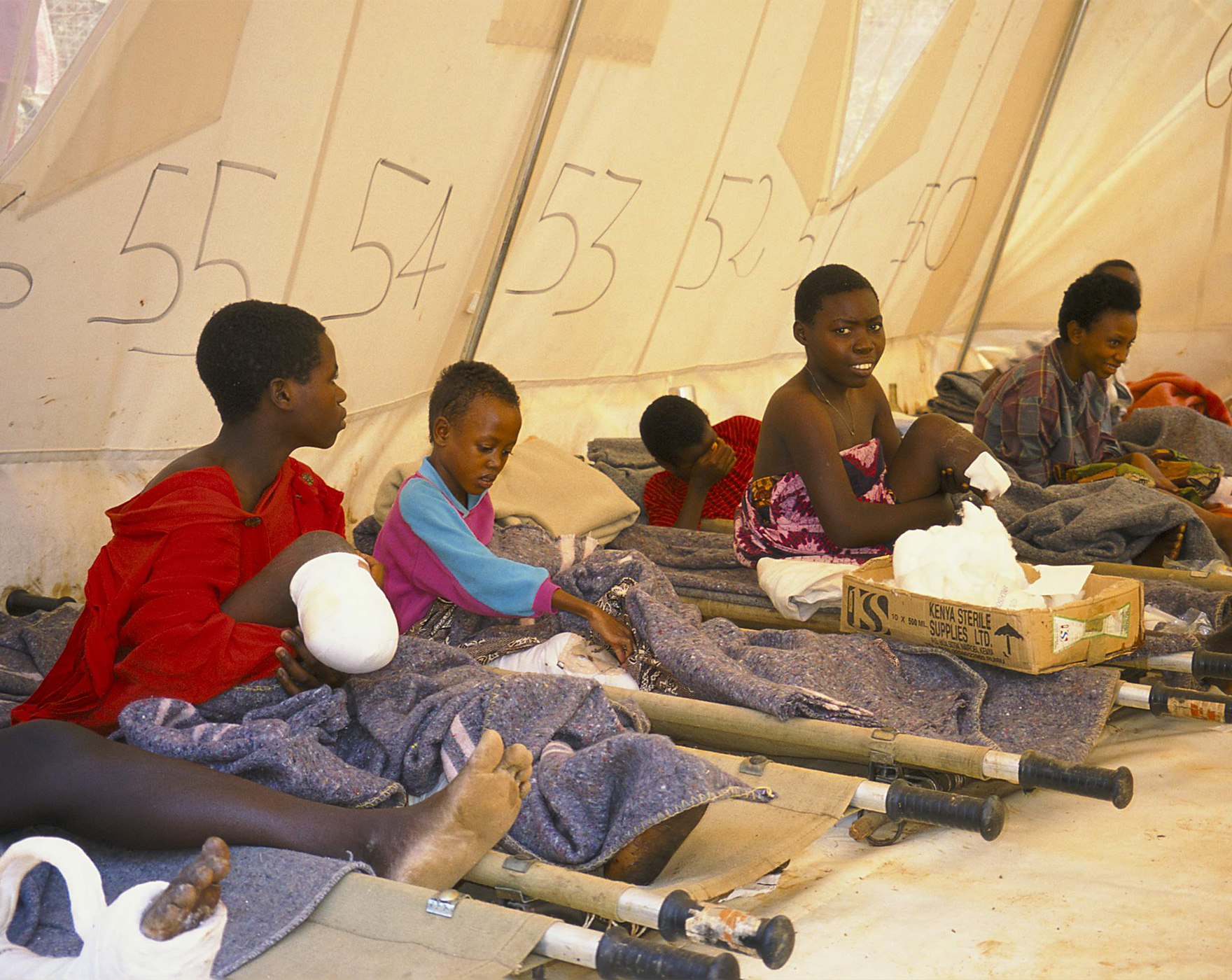 1994
1994
Intervention in Rwanda in the wake of the genocide
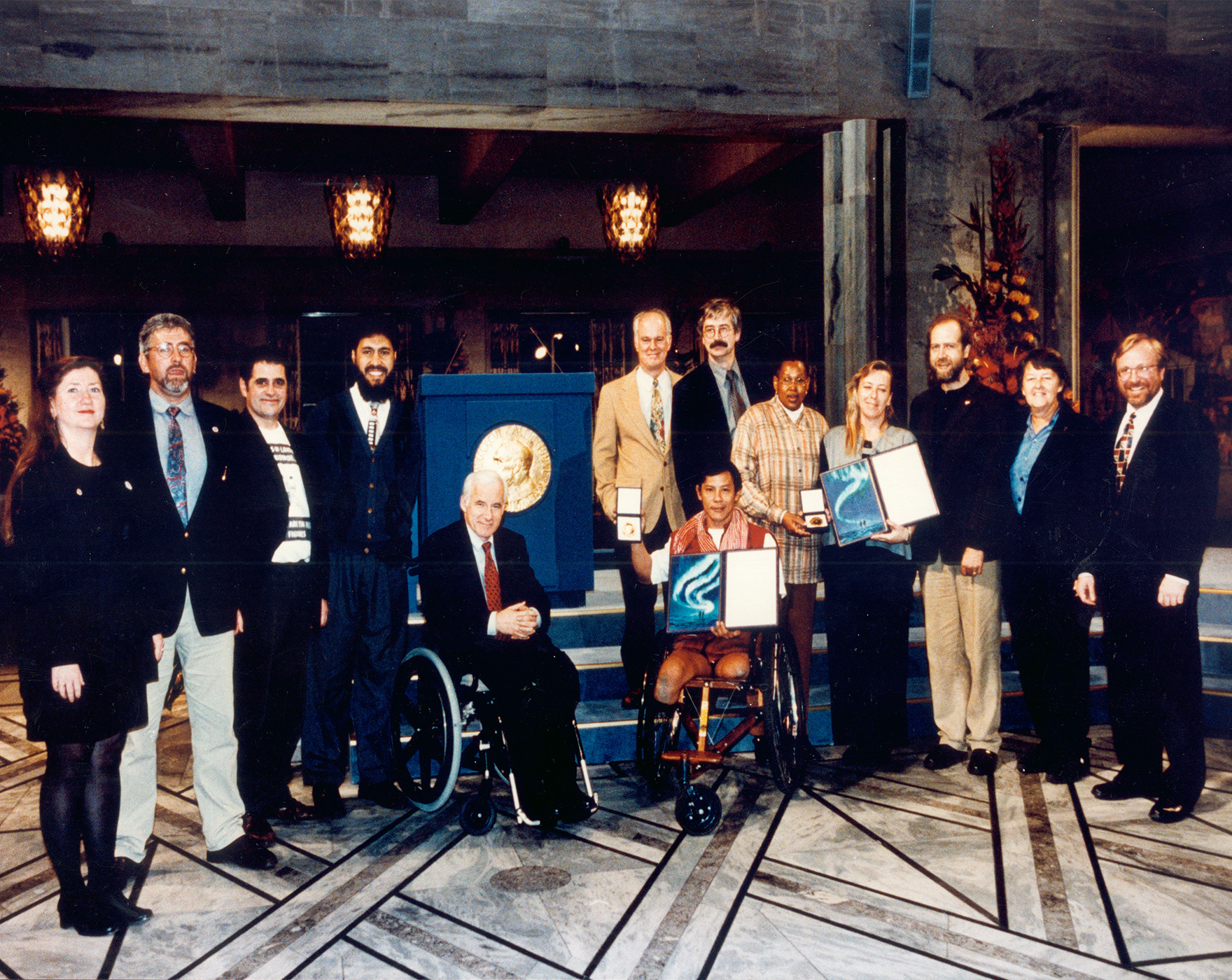 1997
1997
Signature of the Ottawa Mine Ban Treaty. HI is jointly awarded the Nobel Peace Prize as co-founder of the ICBL campaign
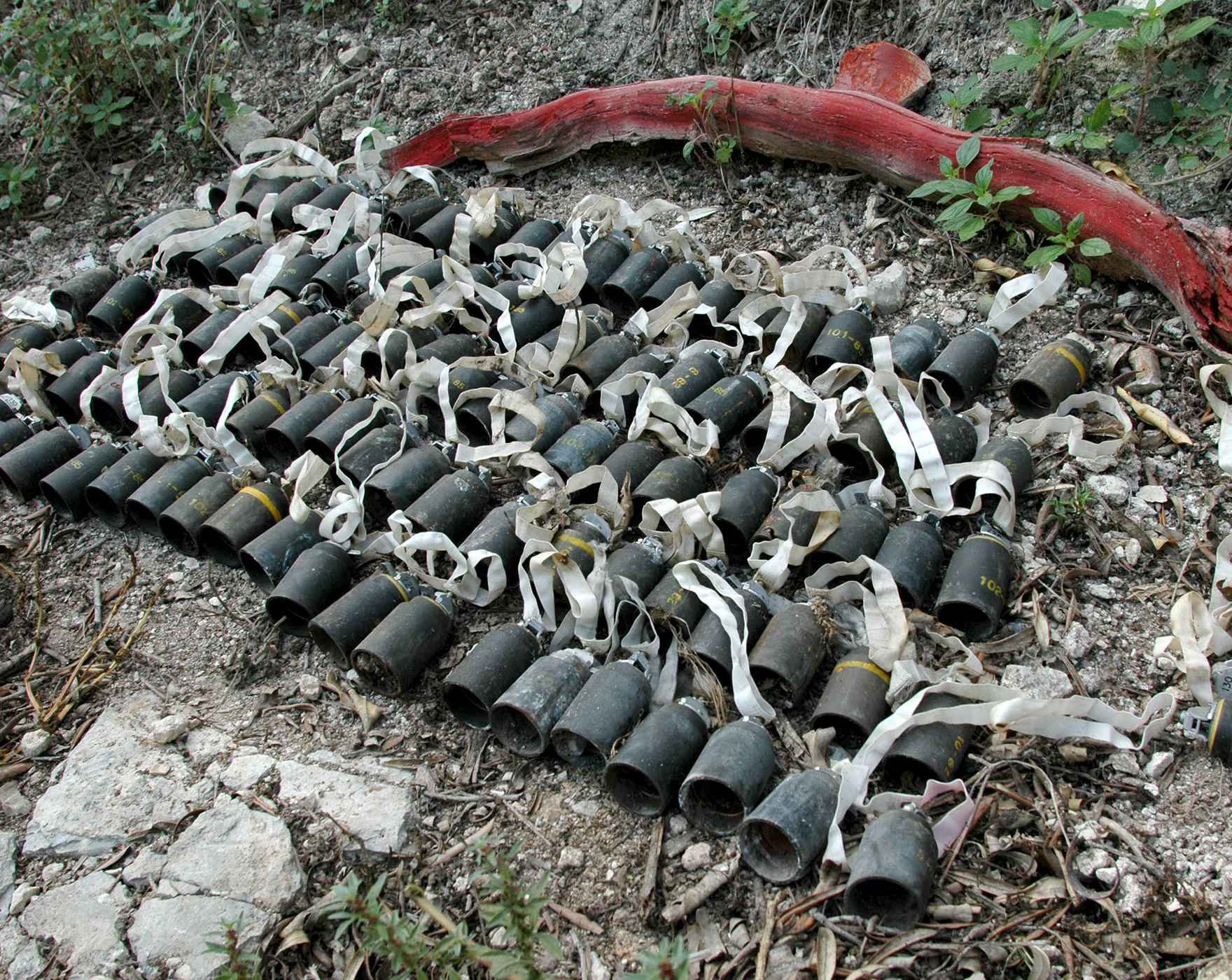 2003
2003
Launch of the campaign against cluster munitions
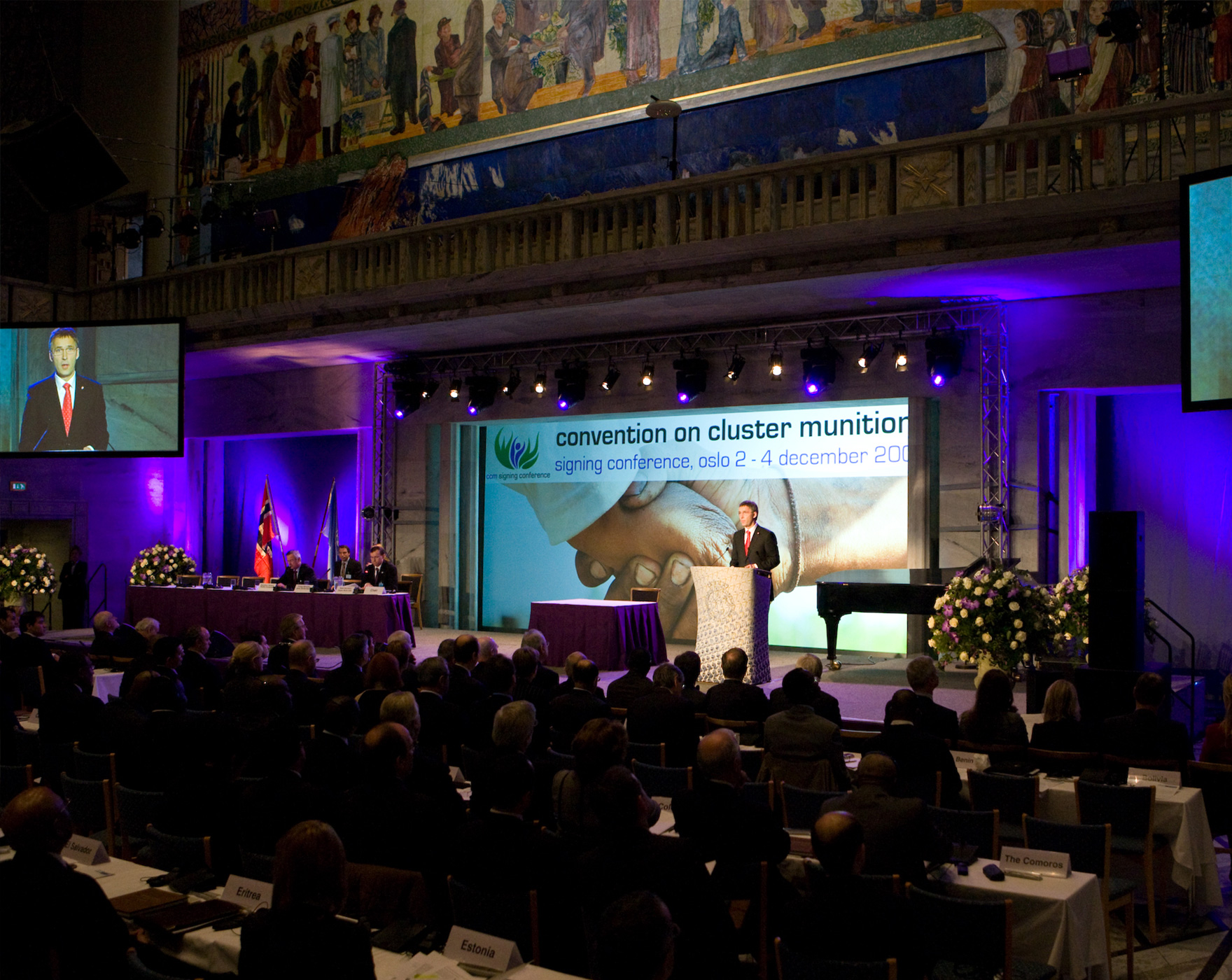 2008
2008
Signature of the Oslo Treaty banning cluster munitions
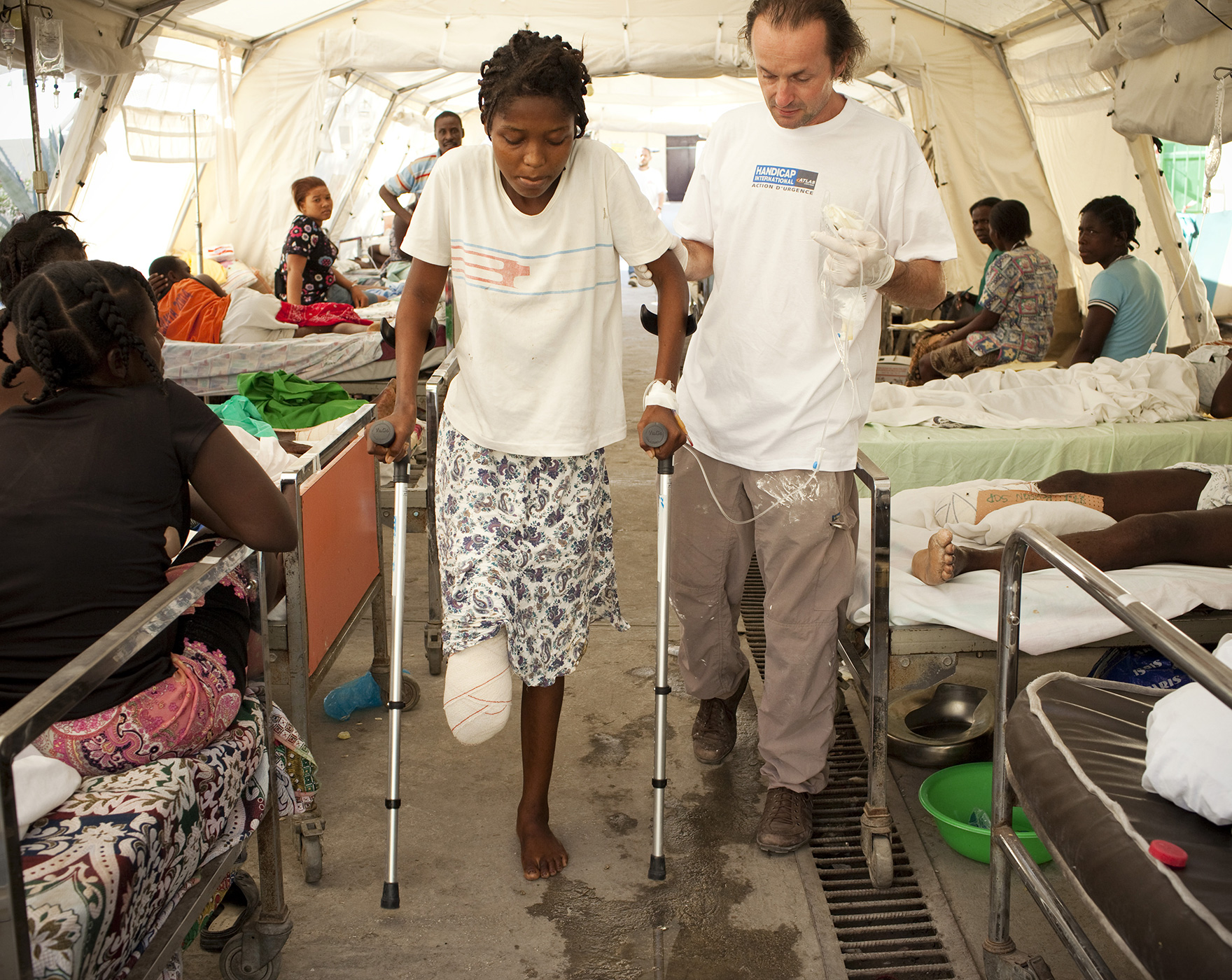 2010
2010
Emergency response interventions in Haiti and in Pakistan
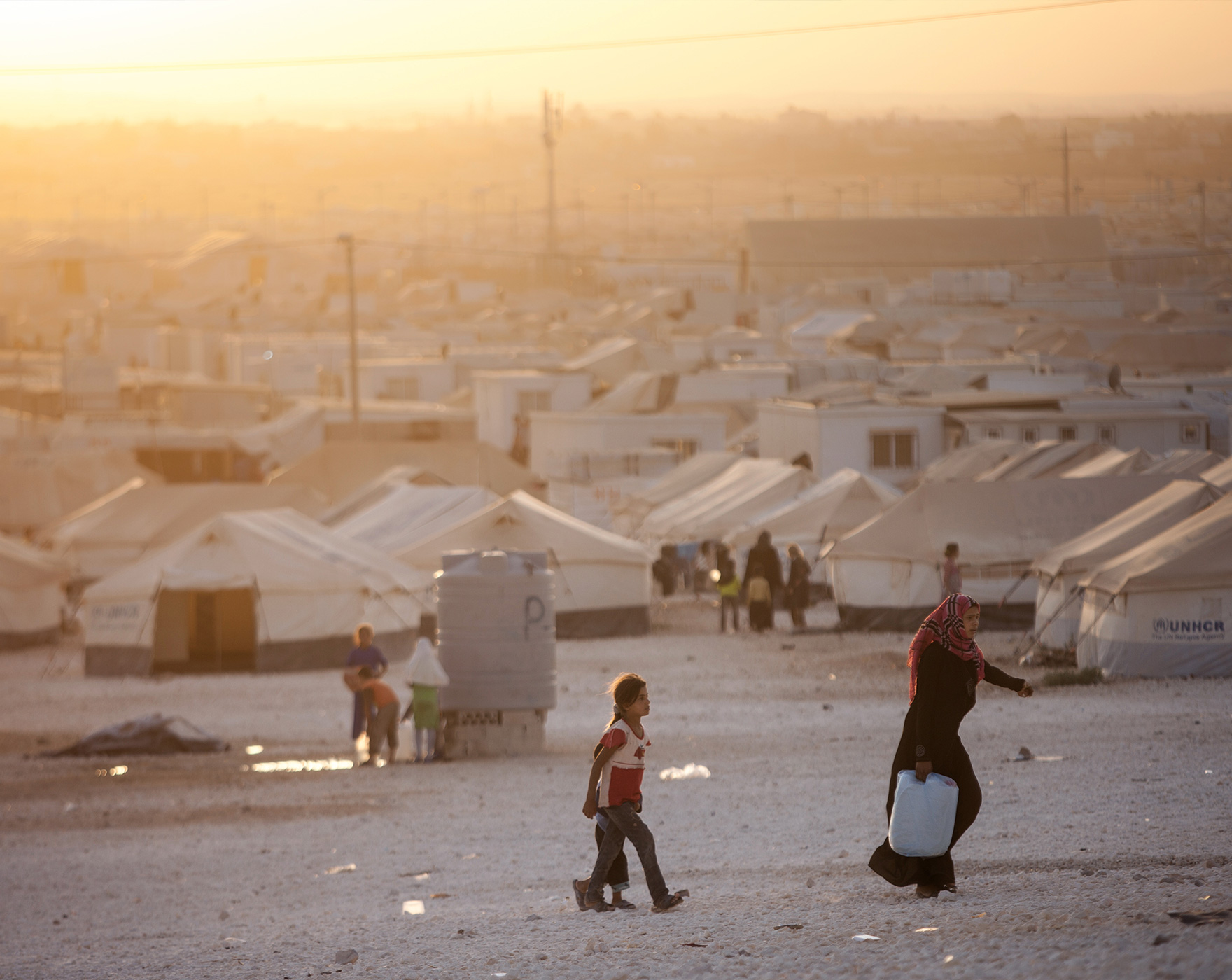 2012
2012
Emergency response intervention in the context of the Syria crisis
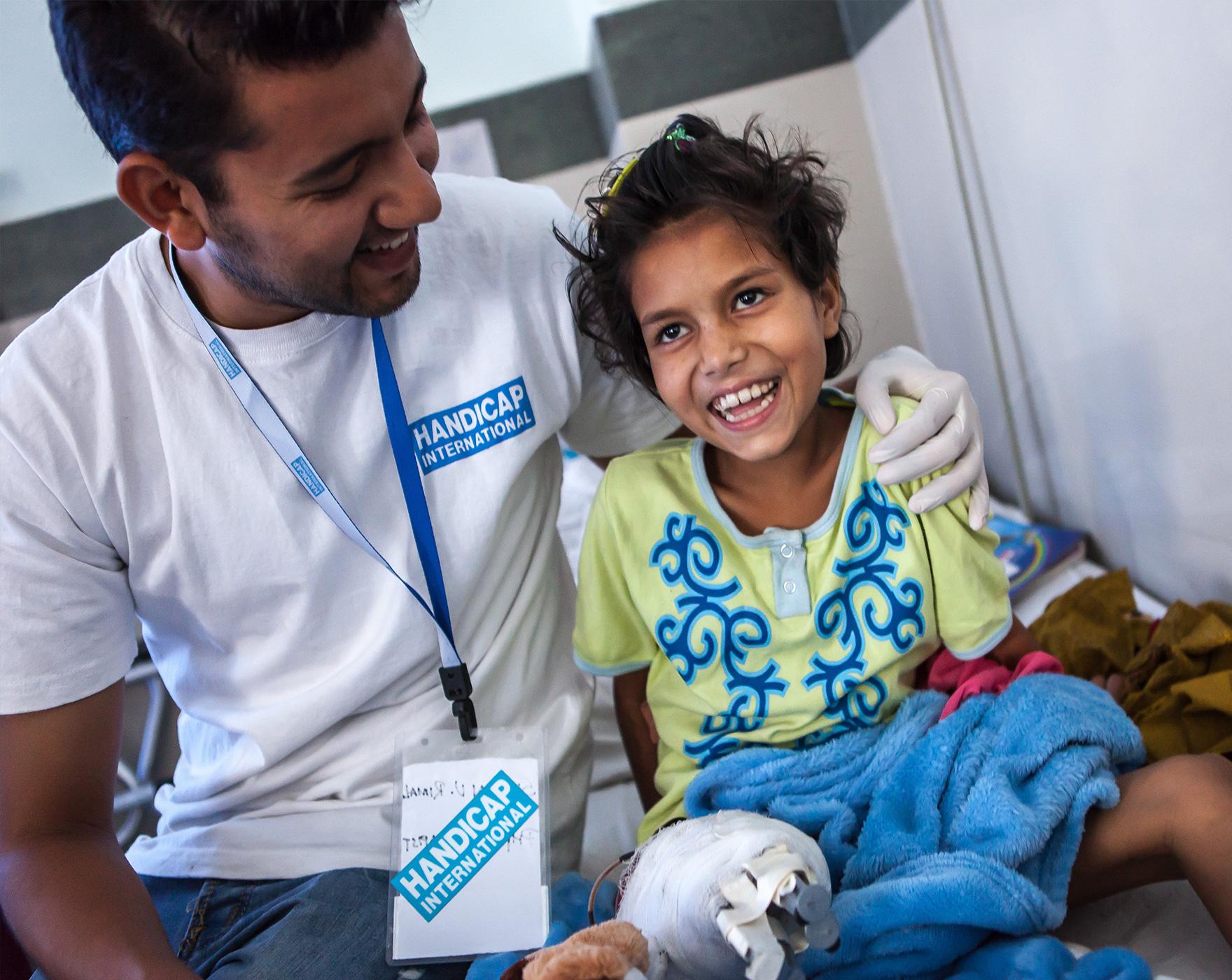 2015
2015
Emergency response intervention in Nepal
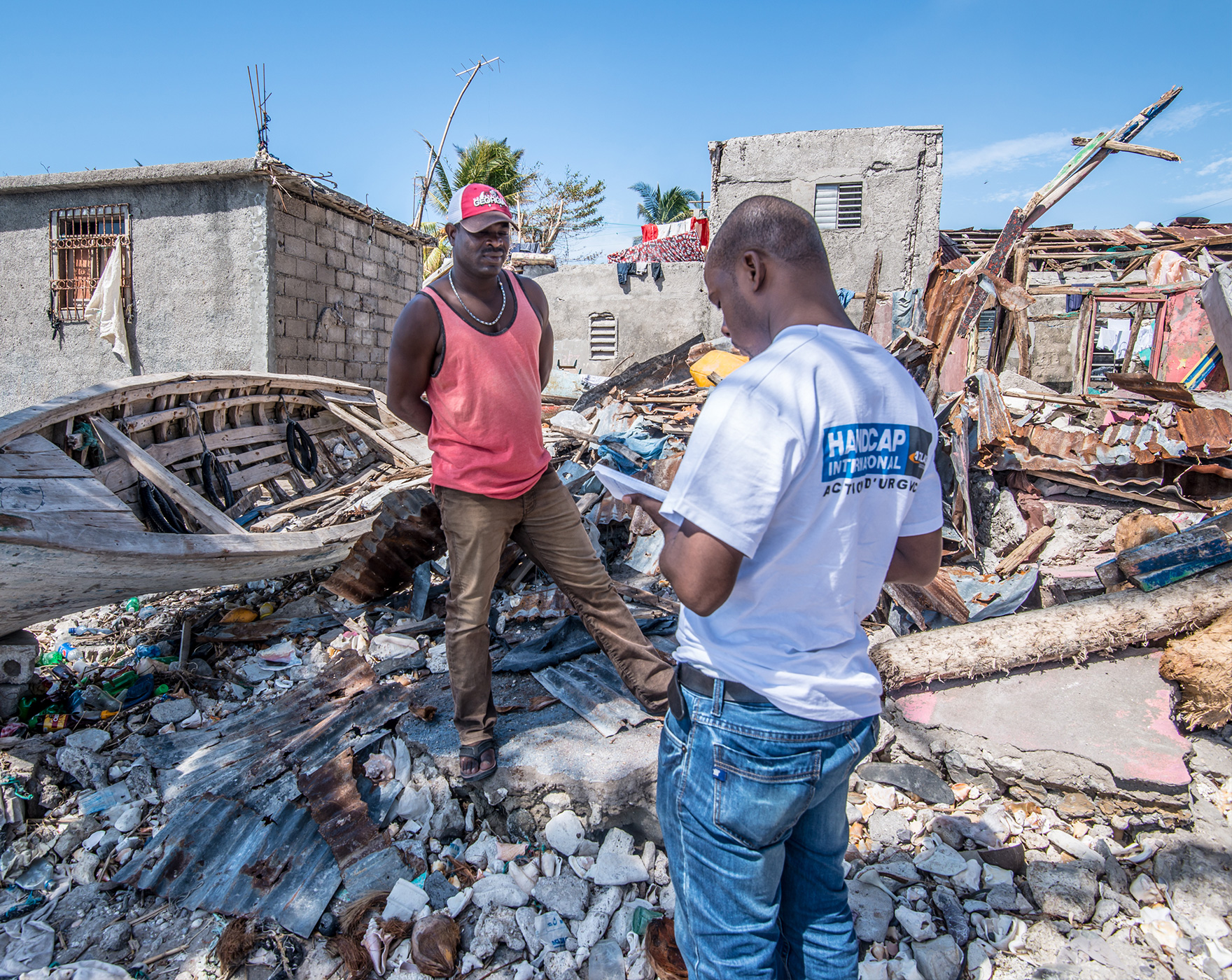 2016
2016
Emergency response intervention in Haiti and Iraq-battle of Mosul
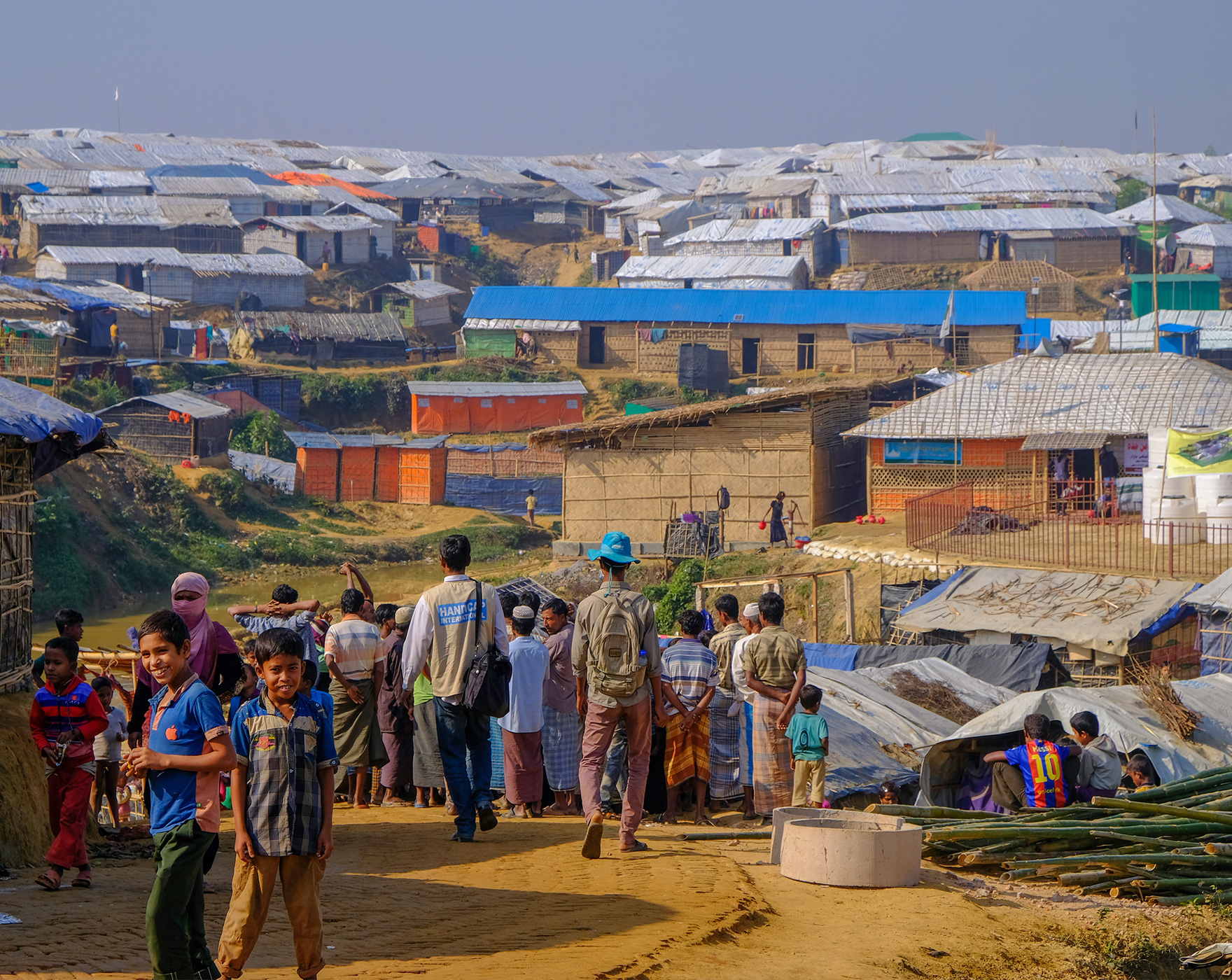 2017
2017
Emergency response intervention in Bangladesh with the Rohingyas refugees
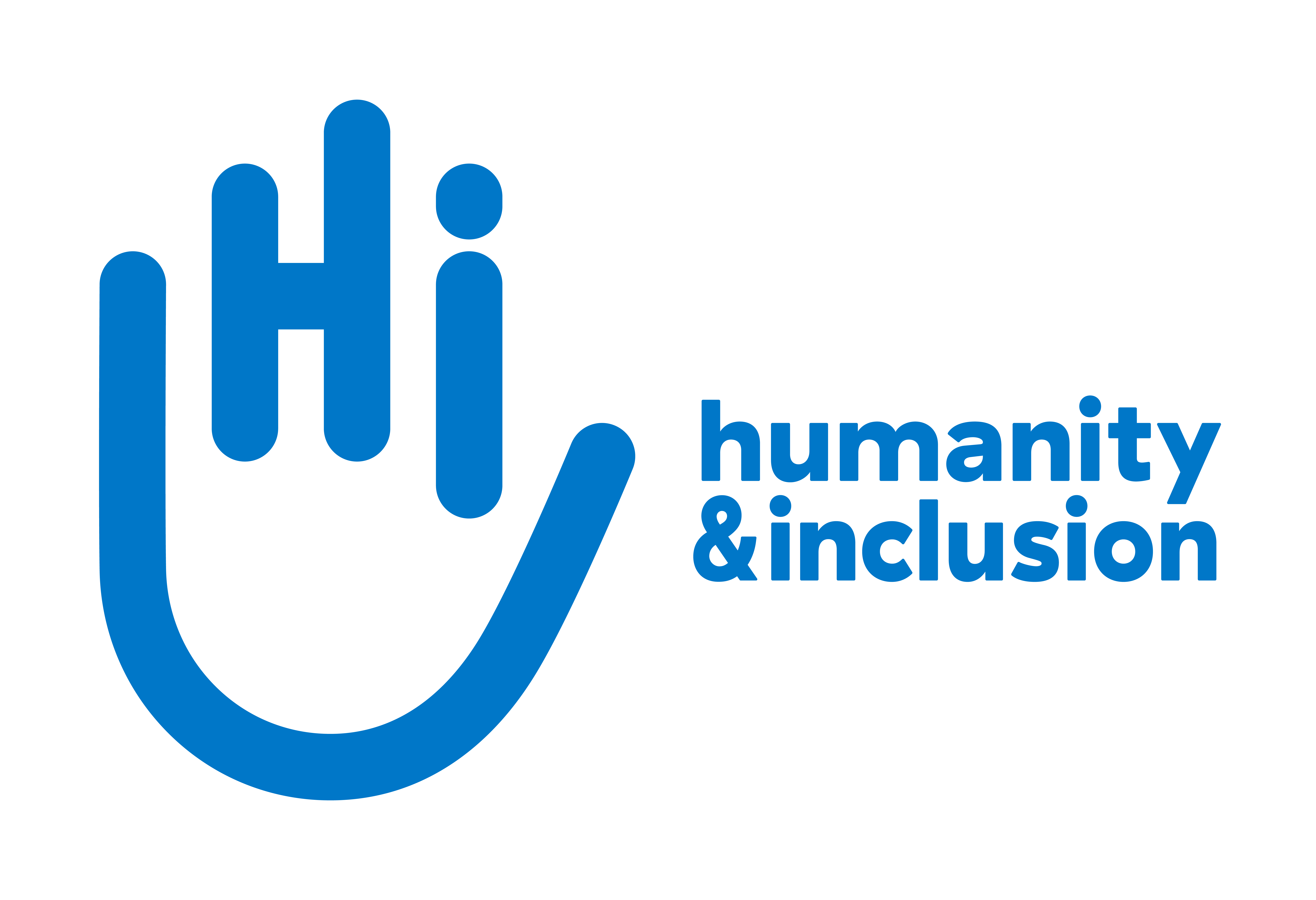 2018
2018
The global Handicap International network changes its name to Humanity & Inclusion
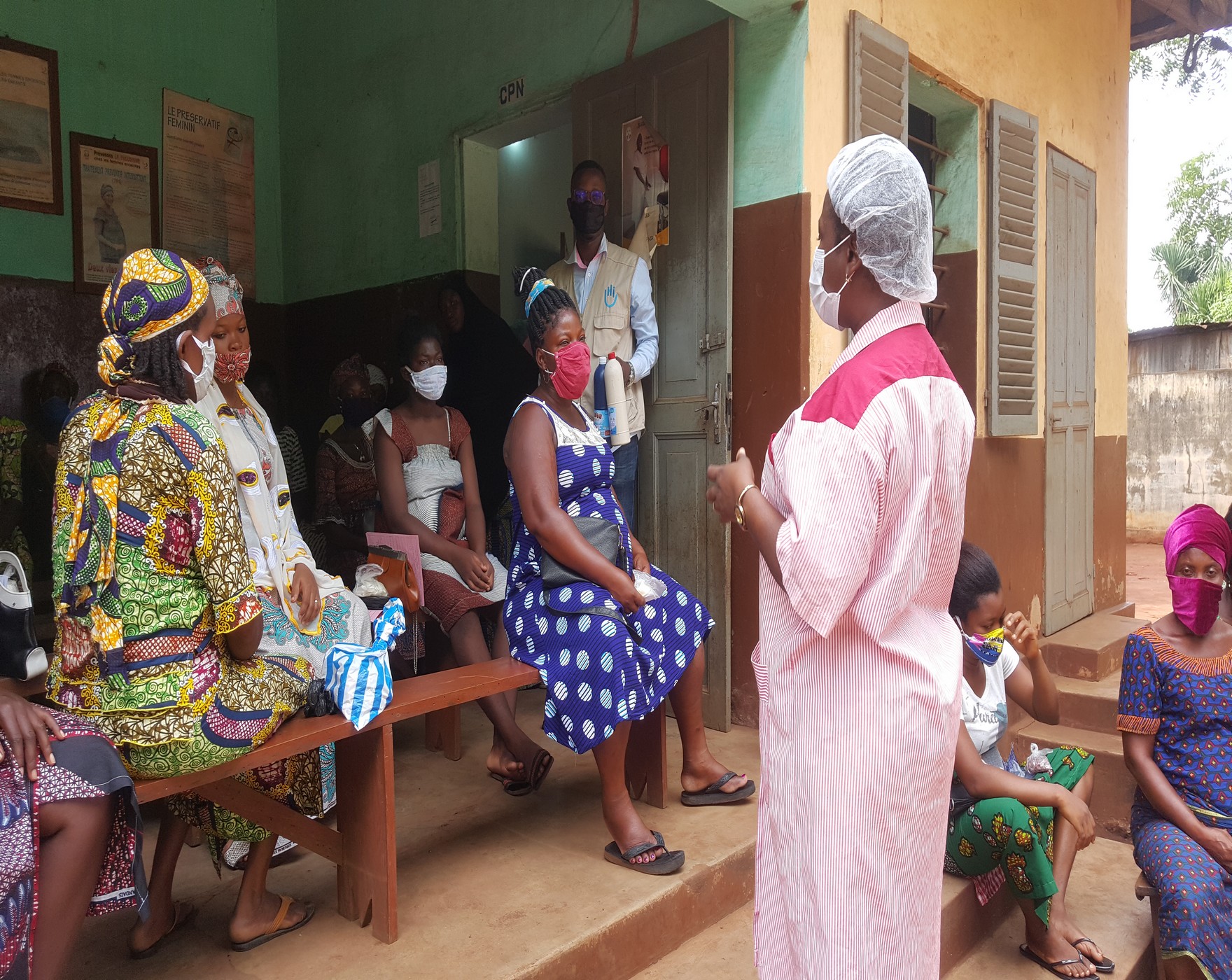 2020
2020
Global response to the Covid pandemic
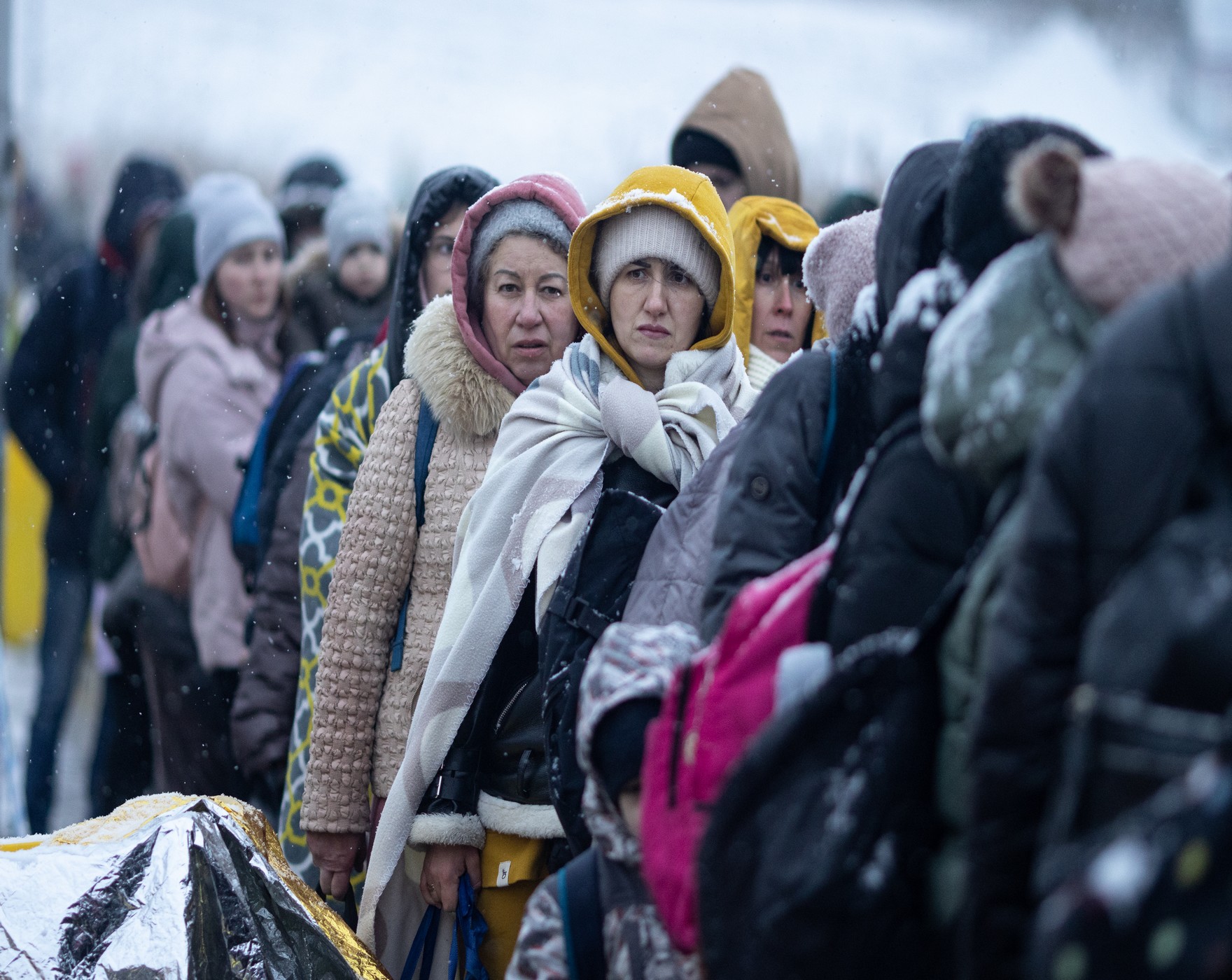 2022
2022
Intervention in Ukraine following the Russian invasion
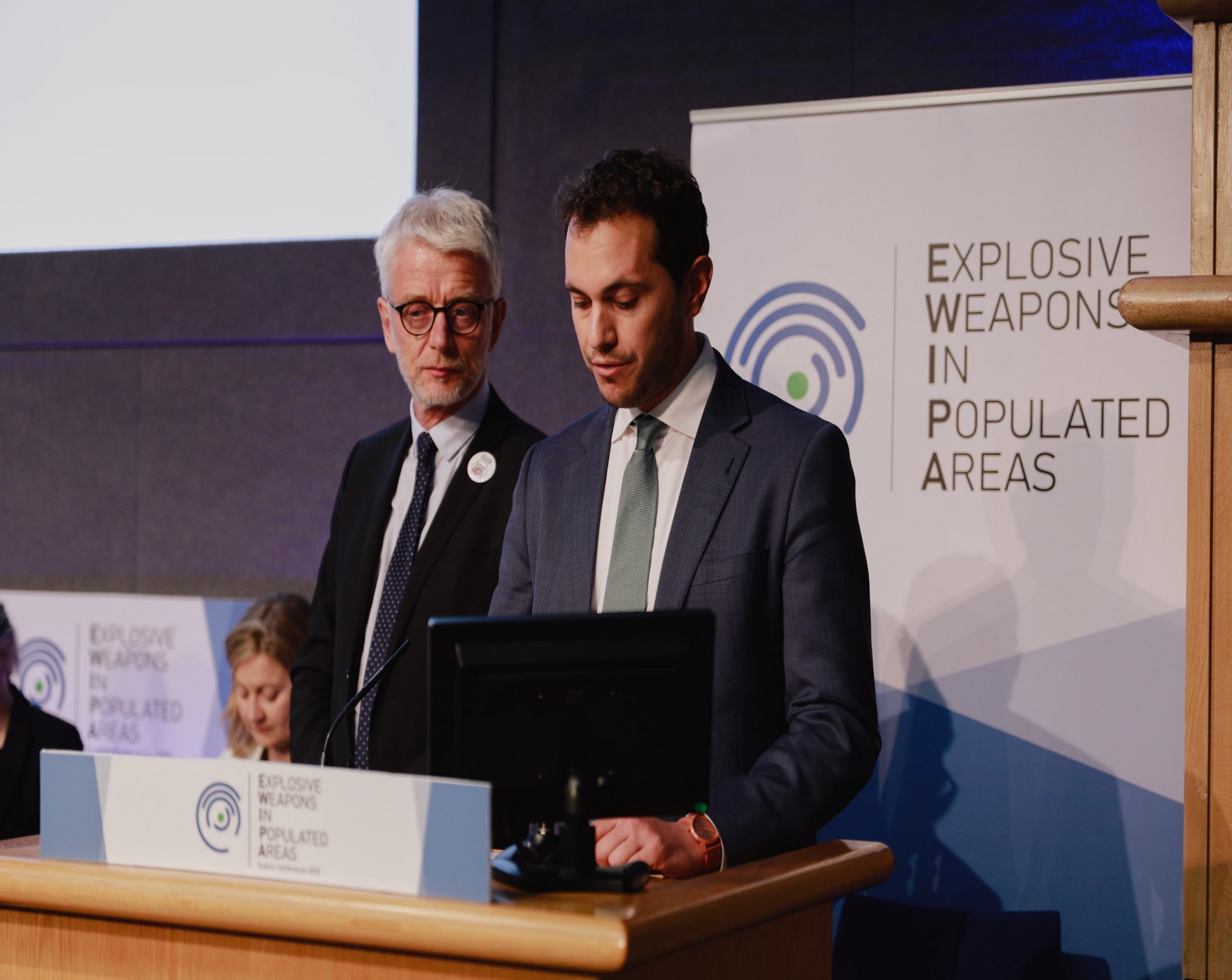 2022
2022
International agreement against bombing in populated areas signed in Dublin
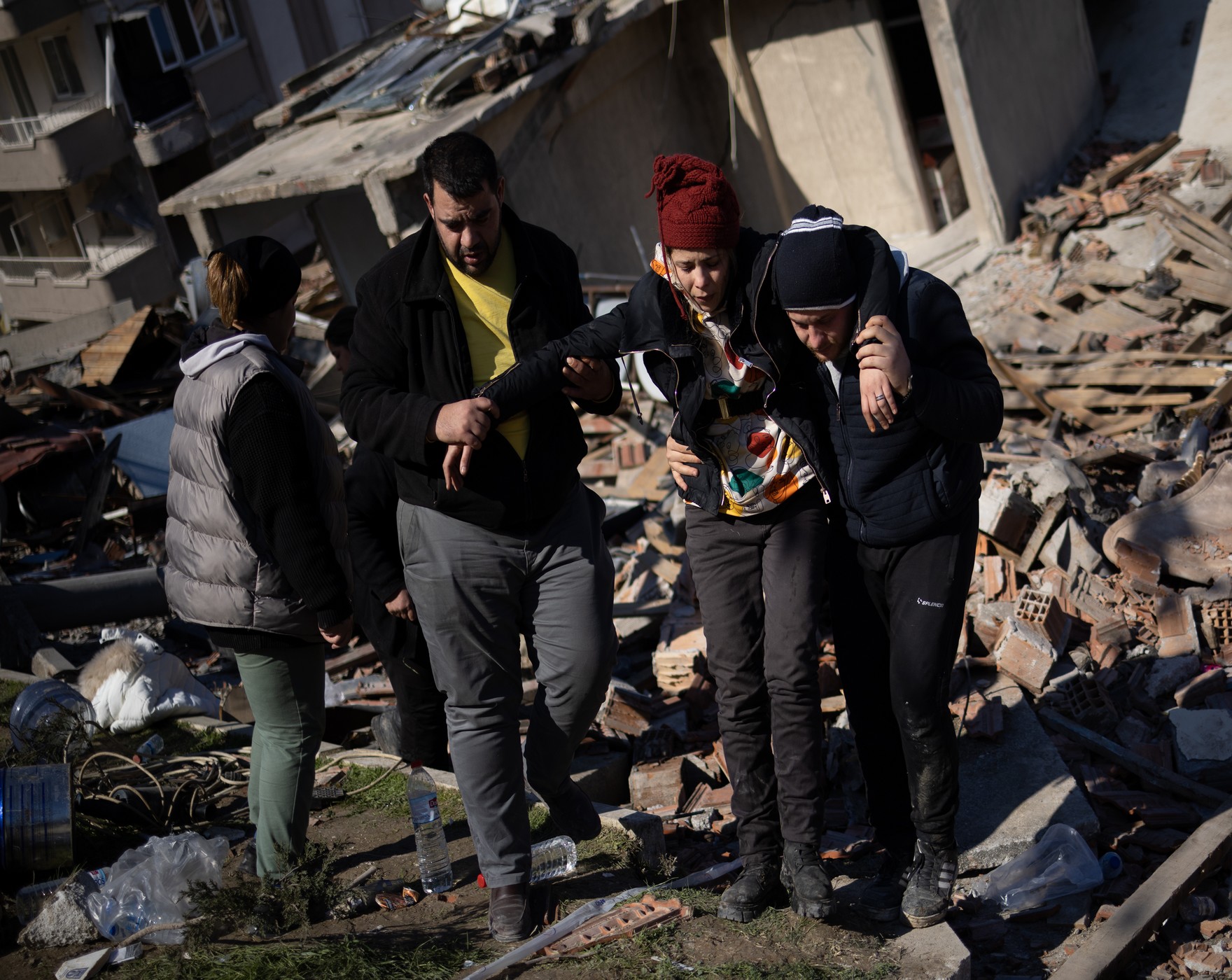 2023
2023
Intervention in Turkey-Syria following the 6 February earthquake
Prizes and awards
During its more than thirty-five year history, HI has become renowned for its campaigns, in particular against explosive weapons. This dedication, as well as our commitment to working to the highest quality and ethical standards, has been acknowledged with a number of prizes and accolades.
Joint winner of the Nobel Peace Prize
In 1997, HI was jointly awarded the Nobel Peace Prize. This prize recognised its work within the International Campaign to Ban Landmines (ICBL). The award was announced one week after the signing of the Ottawa Mine Ban Treaty outlawing antipersonnel landmines. This major political breakthrough was the result of five years of sustained efforts to ban this “coward' weapon”.
Conrad N. Hilton Humanitarian Prize
In 2011, HI was awarded the Conrad N. Hilton Humanitarian Prize for all of its work with people with disabilities. This prize awarded by the Conrad N. Hilton Foundation acknowledged almost thirty years of operations. Each year this award honours a non-profit organization judged to have made “extraordinary contributions toward alleviating human suffering.”
United Nations Recognition
Special consultative status
Since 1999, HI has had special consultative status with the United Nations.
Two Nansen Refugee Awards
- In 1996, the United Nations High Commissioner for Refugees named HI as the winner of the Nansen Refugee Award. This prestigious prize acknowledged its “outstanding service to the cause of refugees”.
- In 2008, the Nansen Refugee Award honoured the work of the deminers working out of the United Nations Mine Action Coordination Centre in South Lebanon, including three HI mine clearance teams.
Photos : © HI - © HI - © Y. Gaumetton/HI - © J. Rodsted - © HI - © ICBL - © J. Rodsted/NPA - © C. Dixon/HI - © K. Munch - © W. Daniels/HI - © G. Dubourthoumieu/HI - © L. Veuve/HI - © B. Almeras/HI - © P. Poussereau/HI - © HI - © T. Nicholson/HI - © INEW - © T. Nicholson/HI

